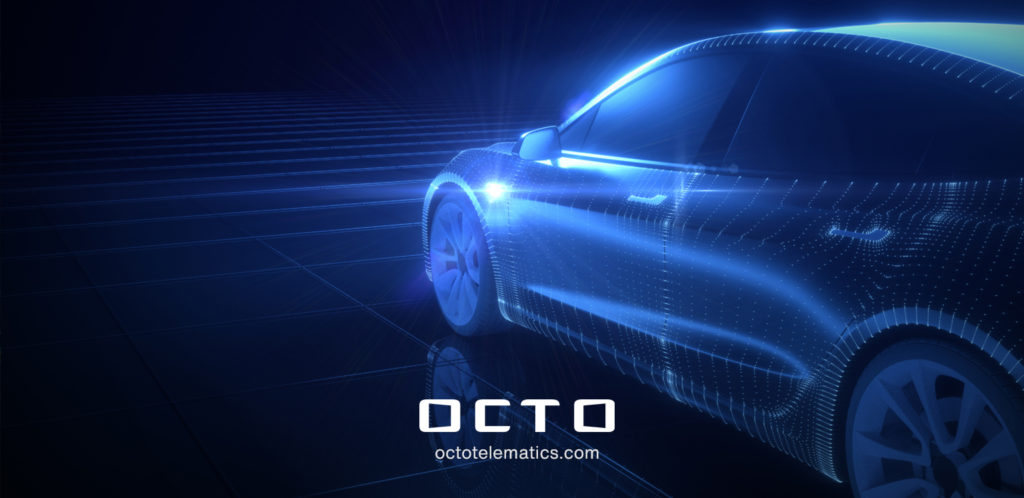
Researcher David Mirynech from Blockchain Research Institute published a white paper regarding how blockchain technology will optimize the deployment of autonomous vehicles (“Autonomous Vehicles and Blockchain, How a Distributed Ledger System could fund the next generation of transportation infrastructure”, See the full report here – https://www.blockchainresearchinstitute.org/ ).
Blockchain’s inherent ability to communicate and issue, trade, and manage value in a secure and reliable way makes it particularly appealing as the foundation for a new revolutionary kind of transportation economy.

While blockchain has a demonstrable impact on tolling systems (by reducing the need for heavy infrastructure), centralized servers and databases, identity, and credit card systems, the researcher highlight that it can also help to increase the profit functions of vehicles.
Chris Ballinger, the CEO of MOBI, said: “Vehicles are now connected, and they are getting smarter. Those two things allow vehicles to participate in the service economy in ways they never could before.”
Owners can lease their own vehicles by utilizing blockchain-based rider identity. As assets, self-driving cars can work constantly, delivering value to owners around the clock with fees based on such factors as time, distance, and weight or value of cargo.
Once in circulation, autonomous vehicles become shared resources for rental, use, and insurance on demand.
Vehicle data could also be amended for lease.
To finance state and federal roadway networks, governments could capture these revenues through instantaneous remittances.
Vehicle owners or operators may one day receive compensation for sharing other basic resources, such as renewable energy and Internet connectivity.
Mobile Open Blockchain Initiative
To understand how multiple stakeholders may benefit and prepare for such technological change, large consortia such as MOBI (Mobile Open Blockchain Initiative) provide examples of how we should approach innovation.
MOBI is replacing siloed and secretive research and development (R&D) with collaboration among technology developers, automotive manufacturers, transportation authorities, and other stakeholders to provide a road map for overcoming barriers to adoption Ledger System
MOBI’s first project aims to develop an identity system, known as a “car passport,” for vehicles that tracks mileage and all relevant data on the blockchain.
With vehicle identity figured out, the author considers that insurance applications that run on the blockchain are also a target for development. With an immutable data feed characterizing a car’s history, insurance providers can apply a dynamic pricing model specific to that vehicle pricing by the perceived riskiness of drivers or their vehicles based on age, gender, make, or model. This model is known as usage-based mobility pricing.
The researcher understands that blockchain could also reduce information asymmetries in used car markets, improve accuracy and verifiability of insurance claims and automate claims processing,
At Consensus 2017, MOBI debuted its blockchain-enabled P2P car lease application. This application allows for consumers to lease the vehicle from a car owner using a smart contract on the Ethereum blockchain, file storage on IPFS, and a mobile application to lease and control access to the vehicle.3
These applications allow for instantaneous remittance between transacting parties and they are able to do so without the need for payment processors by using logic coded to a smart contract.
In addition, by tokenizing the car’s identity, we could enable private GPS and time-stamped data to the data exchange, immediately allowing for route optimization and capacity modeling for other entities to consume.
The researcher stress that this process is extremely valuable because automobile owners are immediately able to monetize their unused vehicle time to trusted drivers or riders. In preparation for the future of autonomous vehicles, this platform enables users to pay and get mobility on demand.
Communications network latency: Telecommunications is critical. The need for high-frequency data input is spurring the build out of national 5G networks. Demand for blockchains that can support high user volumes is prompting advances in scalability solutions such as state channels, side channels, sharing, and interoperable chains.
While the race to bring autonomous vehicles to market is intensifying, additional 5G network infrastructure is required before these cars experience their highest performance and functionality.
Immutable records versus privacy: In the world of technology, no issue has been more prevalent this year than data privacy.
Rising fears over the security of these data on a growing number of interconnected devices is leading to the enforcement of higher security standards, consumer education, and even further integration of blockchain and connected IoT devices.
Legal and ethical implications: although vehicle manufacturers have accepted liability for accidents caused by software, the author acknowledges that the true legal implications of a future with autonomous vehicles remain unknown. The law will take the necessary time to come up with a proper legal framework. However, considering how quickly this industry is emerging, regulators must keep pace with innovation.
Governments at all levels must prepare for disruption. Despite this progress, we must prepare for the consequences of technological innovation.